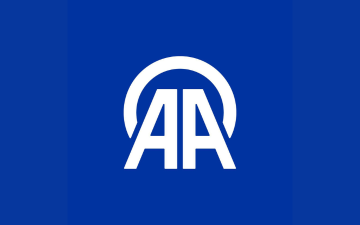
Gaza war: Why are There 'Synergies' Between Indian Right-wing, Pro-Israel Social Media Accounts?
Irina Raicu, director of the Internet Ethics Program at the Markkula Center for Applied Ethics in the US, explained why social media is often described by critics as “an ‘outrage machine’ that amplifies our fears and harms the efforts to push back against extremism.”
“Social media policies, reflected in the algorithms that shape which posts users actually see, also shape opinion, by often pushing to prominence the posts that get a lot of ‘engagement’ from others – whether or not those posts are accurate or constructive,” she told Anadolu.
Raicu explained the methods through which social media is used to influence narratives.
“Two of those ways are the presenting or resharing of information about the suffering of only one side, or the creation of disinformation by presenting unrelated text, photos, and videos while claiming that they come from the Israeli-Palestinian conflict,” she said.
On the role of social media companies, Raicu said they have “long struggled to contain misinformation and other harmful content on their platforms, and they are struggling again.”
“The scale of communications that the platforms enable is not matched by a scale in the resources they’ve put in place to mitigate harms,” she said.
Irina Raicu, director, internet ethics, quoted by Anadolu Agency.
